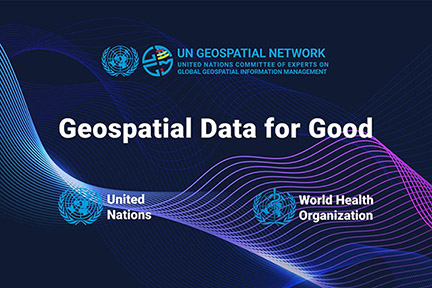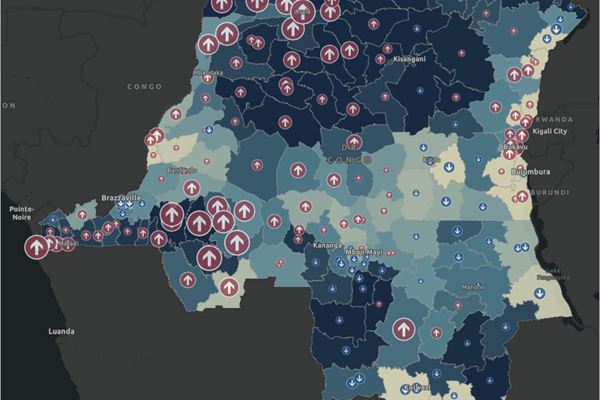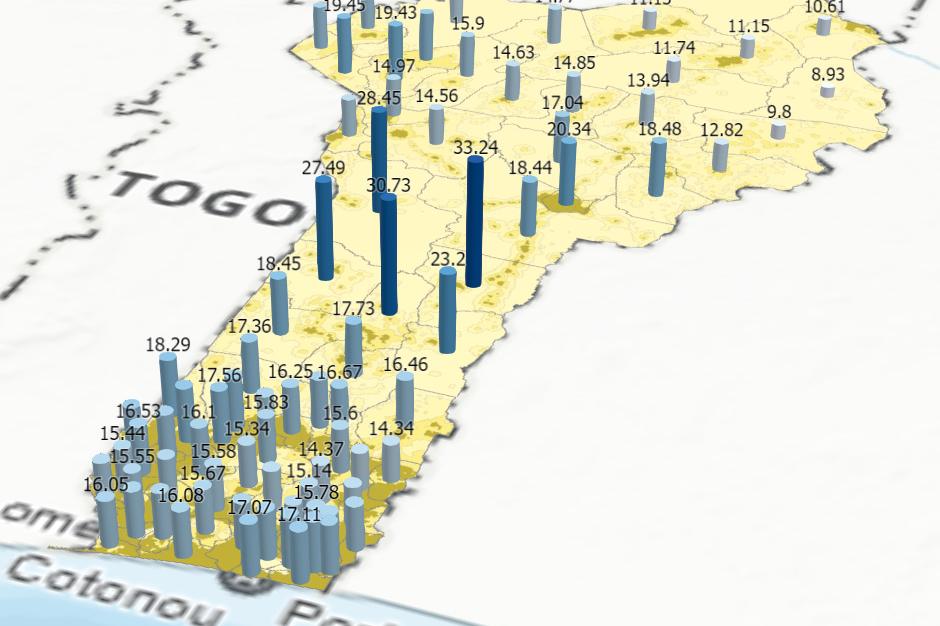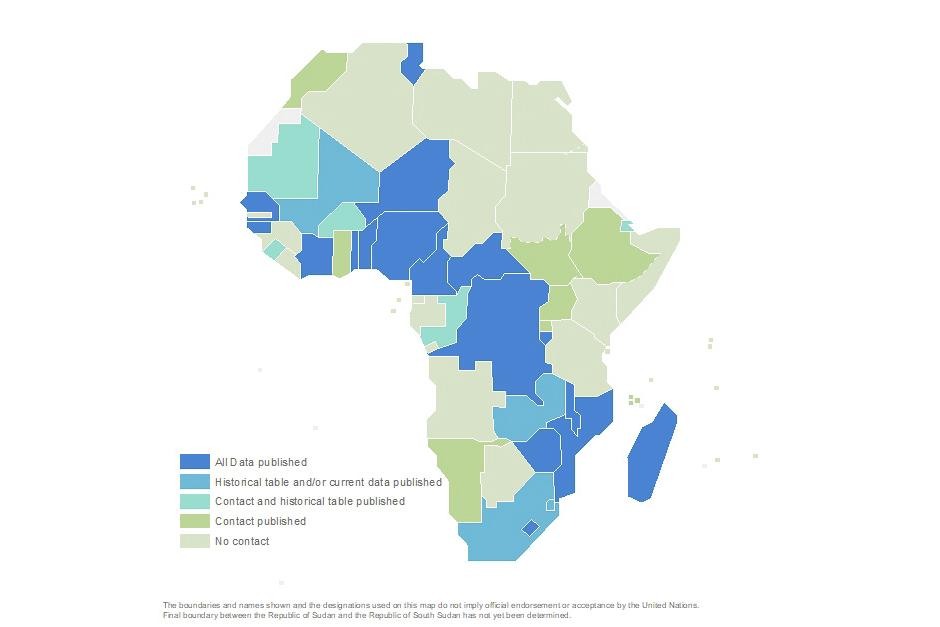On 12 May 2022, the GIS Centre for Health of the World Health Organization and the Geospatial Information Section of the United Nations co-organized an event on “Geospatial Data for Good” in Geneva, at WHO Headquarters, to discuss the challenges related to the availability, quality, and accessibility of geospatial data. The event was organized under the auspices of the United Nations Geospatial Network which aims to strengthen the coordination and coherence of geospatial information management within the United Nations system. A wide range of speakers and partners discussed and presented their perspectives on topics around geospatial data, national capacities, and worldwide priorities in particular in the context of the Sustainable Development Goals (SDGs). The SDGs are highly dependent on geospatial information as the primary data for relating people to their location, to their activities, and to measure ‘where’ progress is being made (The SDGs Geospatial Roadmap, 2020).
The event also aimed to address the nexus of geospatial information and health, a priority of the UN Geospatial Network which was prompted by its work during the novel coronavirus (Covid-19) pandemic. To stage the discussion, the event included key presentations from the Executive Office of the Secretary-General, the Secretariat of UN-GGIM and Chair of the UN Geospatial Network, further on specific geospatial data programme, the WHO shared its work on the Global Health Facilities Database and the UN on the SALB programme, both critical to monitor and act on the SDGs.
In the context of SDG 3, on ensuring healthy lives and promote well-being for all at all ages, geospatial data is critical to monitoring health of communities, assessing access to health facilities or addressing priorities such as a global pandemic, a global database on health facilities is still needed worldwide to identify infection, death rates or inform where one can get medical help. Common geographies, such as collected in the context of the SALB programme, are center to most, if not all SDGs, to analyze, aggregate, integrate, visualize and act on phenomenons at subnational level.
The event saw the participation of many specialized agencies, funds and programmes of the United Nations including OCHA, WFP, UNICEF, UNESCO, FAO, ECA, IFAD, UNODC, UNDP, UNOOSA, ITU, UNHCR, UNEP, UNITAR, IOM, GSC and international partners such has Médecins Sans Frontières, the International Red Cross Committee, EuroGeographics, the Bill & Melinda Gates Foundation, the University of Columbia (CIESIN), GeoHealth Lab, CartONG, Esri and the University of Geneva. Find the event concept note and agenda.
Slide background for the event Geospatial data for Good, co-Organized by WHO and UN, 12 April 2022



